Afghanistan: the new migration crisis between Turkey and Europe
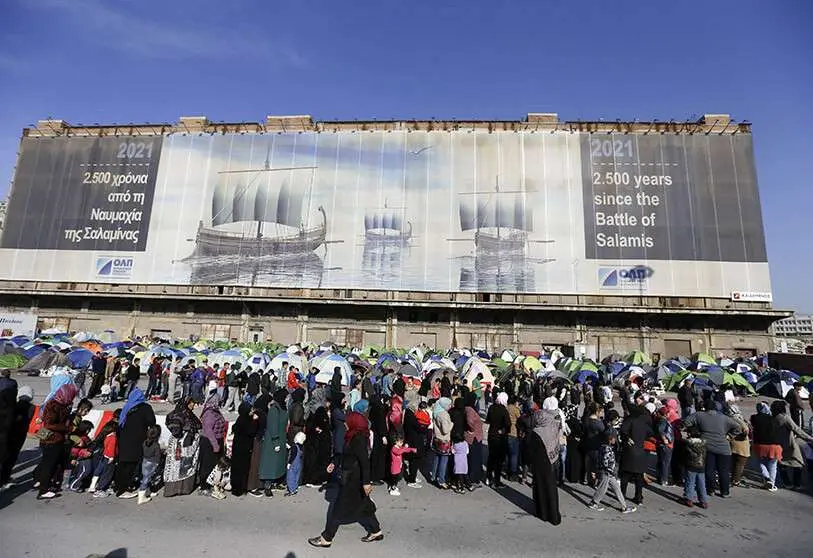
The Taliban advance, spurred by the departure of US and NATO troops, is causing thousands of civilians to flee across the Aegean. The refugees are fleeing a country at war. They are travelling with only the clothes on their backs in search of a better life in Europe, their final destination. Increasing numbers of Afghans are fleeing their homes, many of them heading for Turkey. If the flow continues to increase, it could mimic the wave of Syrian refugees fleeing the civil war.
With talks at a stalemate and pressure from the international community to reduce violence in the country, the Afghan government has been trying to revive the talks and negotiate a ceasefire. While international forces continue the withdrawal process, which the US hopes to complete by September, intra-Afghan peace negotiations remain stalled despite indications from both sides that they are willing to engage in dialogue. In the meantime, the flow of refugees has soared in fear of being stranded in Iran, with many refugees heading towards Turkey in the hope of reaching Europe.
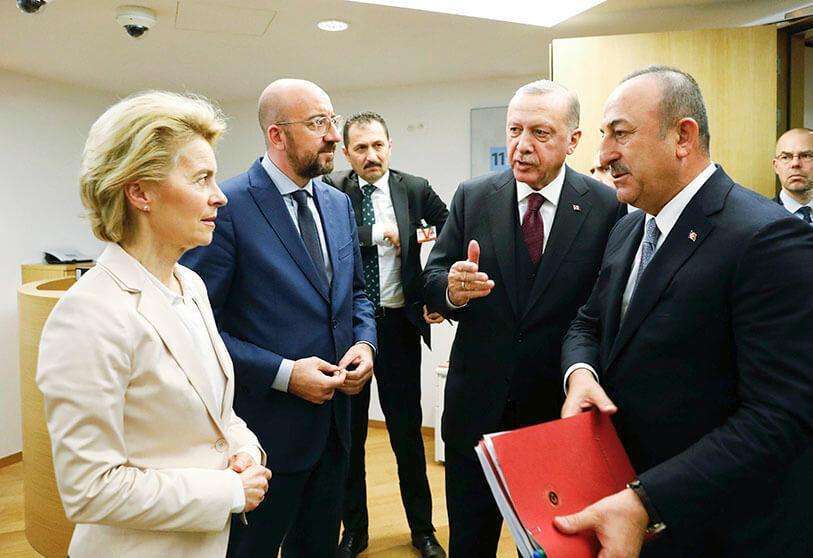
Afghanistan is facing a severe humanitarian crisis following the withdrawal of international troops. More and more people are suffering from the escalating violence. The new influx of Afghan refugees into Turkey shows how the withdrawal of US troops from Afghanistan is having an impact across the region. Ahead of President Biden's 31 August deadline for the withdrawal of US troops from the country, the Taliban have seized swathes of the Afghan countryside and are threatening some cities.
Most of the Afghan nationals are in Turkey, the country's second largest refugee population after Syrians. According to experts and observers, the official figures hardly reflect the real gravity of the situation on the ground. The UN refugee agency, UNHCR, estimated the number of Afghan asylum seekers hosted by Turkey at 125,104 in a 2020 report.
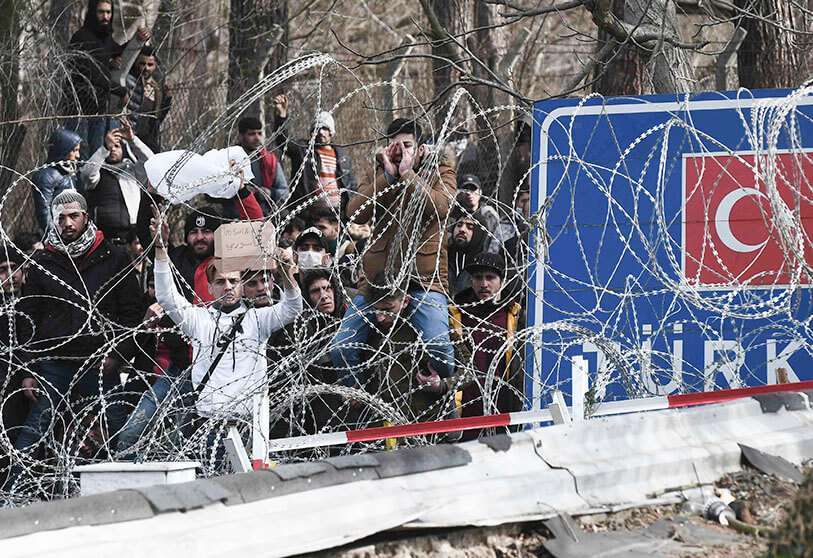
According to Al-Monitor, Ankara now fears possible instability in Iran, which serves as a buffer zone for the flow of refugees from Afghanistan. If Iran fails to control the coming influx, the flow of Afghan nationals to Turkey may reach unprecedented levels. However, the EU seems reluctant to support Ankara in the face of the growing problem of irregular migration from Afghanistan, hinting at a new chapter in the refugee divide between Ankara and European capitals in the coming period.
The EU-Turkey deal that emerged during the refugee crisis of 2015 and 2016, when some 1.9 million people entered European territory, many fleeing the war in Syria, is once again leaping onto the international political stage. The EU's difficulties in managing the massive influx of migrants and asylum seekers put the Schengen area of free movement to the test and gave wings to Eurosceptic groups.
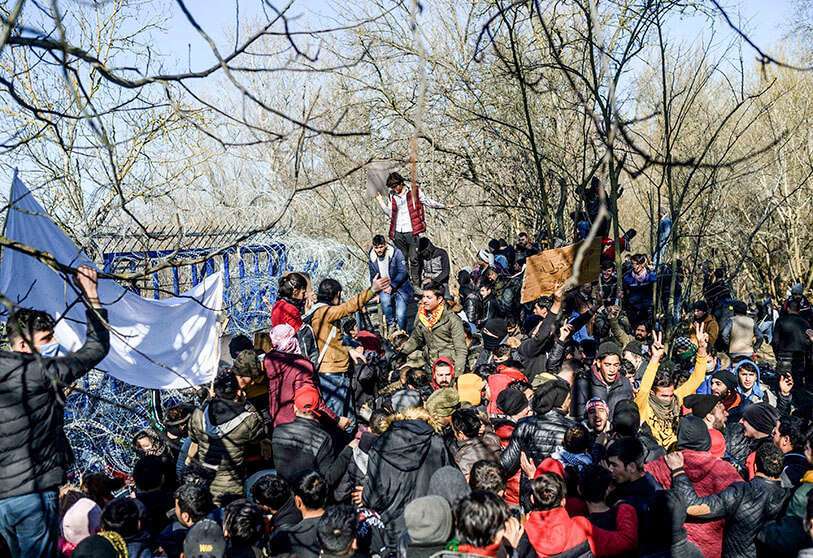
The pact is currently paralysed and its future uncertain. The document assumed that Ankara would control human flows on the Mediterranean and Aegean route, one of the busiest and most complex in the world. Since the onset of the European crisis in 2015 and 2016, Turkey, which had always been a country of origin, transit and destination for international protection seekers, became one of the places where most migrants arrived, largely due to its geographical proximity to conflict zones.
Under the agreement, the Ankara government undertook to take charge of people entering Europe via Greece and to organise their relocation to an EU member state. In return, Turkey would benefit from a series of measures, such as the donation of 6 billion euros for the revision and reform of the migration system, visa liberalisation for Turkish citizens, and, especially, the resumption of negotiations for Turkish accession to the EU.
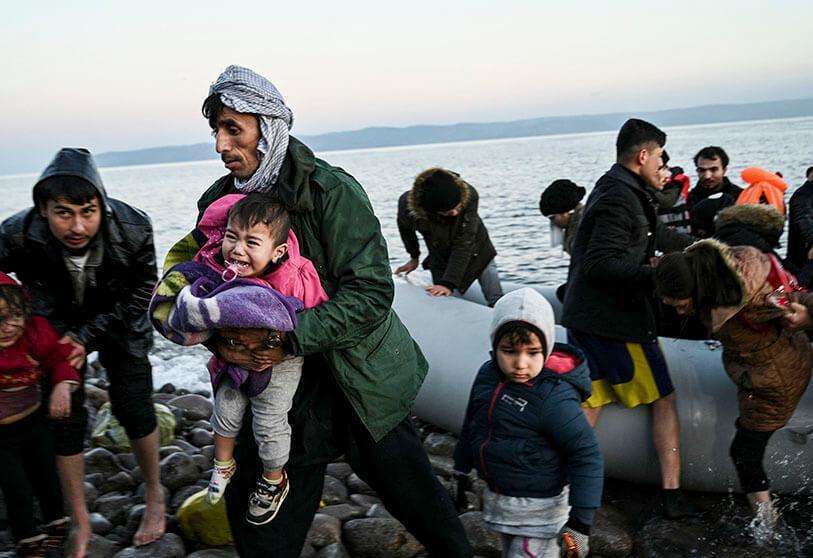
In February 2020, the pact went through perhaps its biggest crisis, when Turkish authorities opened the borders for several days and allowed thousands of migrants, mostly from Afghanistan, Pakistan and Iraq, to enter Europe. However, official figures for the return of this 'one for one' pact are minuscule: in five years only 2,139 people have been returned, including 748 from Pakistan, 412 Syrians, 204 Algerians, 151 Afghans, 134 Iraqis and 105 Bangladeshis.
From Ankara, Recep Tayyip Erdogan has criticised the agreement, practically since it was signed. The president has repeatedly accused the European institutions of not carrying out the agreed measures, something that Brussels justifies by some decisions of the Turkish executive, such as the reinstatement of the death penalty after the 2016 coup d'état. In the last five years, Turkey's head of state has changed his stance towards EU institutions, turning towards a great distrust and paralysing negotiations for Turkish accession to the European Union, which has lost political interest for him.
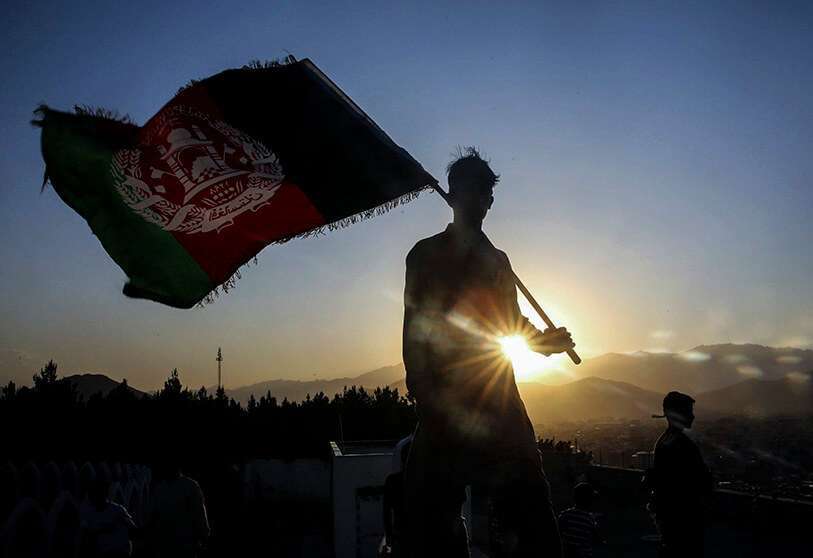
One of the most controversial points of the pact is the consideration of Turkey as a safe third country for the reception of migrants. In an open letter published on the occasion of the fifth anniversary of the migration agreement, a group of organisations, including Amnesty International, Oxfam and Caritas Europa, denounce the EU's desire to maintain the pact with Turkey. However, on 8 June, the Greek government approved a measure that considered Turkey as a safe state to receive migrants from Somalia, Pakistan, Afghanistan, Syria and Bangladesh.
The increasing arrival of Afghan refugees in Turkey in recent years has triggered an asylum crisis in the EU that is still unresolved. A new wave of migrants could be disastrous for a country and refugee camps that are suffering the consequences of the coronavirus. In the midst of this war, there are thousands and thousands of people whose only crime has been to dream of a future where peace is possible.








